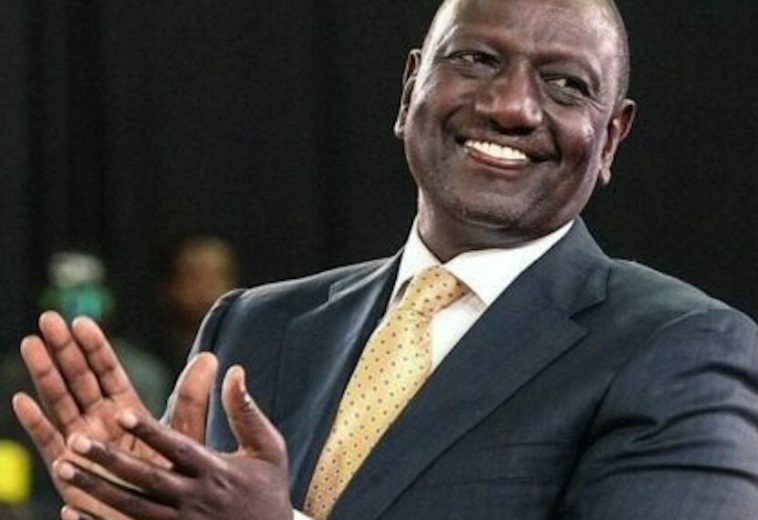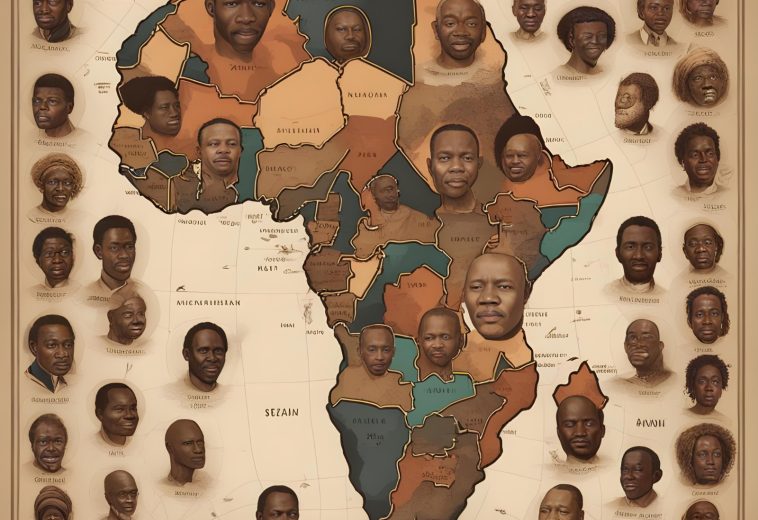African music has seen a dramatic metamorphosis in the centre of the globe. The African rap music scene has greatly advanced from the problems of attempting to replicate American hip-hop in the late 1990s to the creation of a distinctly African sound.
With its 50th anniversary, hip-hop has accomplished a huge milestone as a cultural movement and musical style. Hip-hop has American roots, but it has crossed national boundaries and cultural barriers to become a universal phenomenon. In the spirit of celebrating the 50th anniversary of hip-hop, an American rapper working in both the hip-hop and heavy metal genres, Ice-T encouraged, “Let’s make the 50th anniversary of hip-hop a time to engage. Look to the future, support, and effect change!”
This article examines the numerous ways that African hip-hop has evolved, leaving its stamp on the global scene, the mainstream success of the genre, and the trailblazers that have contributed to its feat in Africa.
A Brief History of Hip-Hop in Africa
Hip-hop’s rise on the African continent can be attributed to the African diaspora’s broader effect and the bonds forged between the African and African-American populations. African hip-hop started to take shape in the late 1980s and early 1990s when local artists incorporated their cultural experiences, languages, and social commentary into the genre. This signalled the beginning of a fresh wave of artistic expression that deeply connected with young Africans.
Activism and socio-political commentary
African hip-hop is distinguished by its lyrical substance, which frequently takes the form of socio-political commentary. Numerous African artists have utilised their platforms to speak out against important topics, including social injustice, inequality, and corruption. Hip-hop’s capacity to deliver these themes in a compelling and approachable way has drawn both domestic and foreign audiences, resulting in the emergence of a more socially conscious type of mainstream music. African hip-hop musicians have developed into powerful advocates for promoting change and strengthening oppressed communities through their music.
Language and cultural identity
The use of regional languages has been a major contributor to the development of African hip-hop. In order to showcase their cultural richness and give voice to their communities, African artists have embraced their local tongues. African hip-hop has developed into a potent tool for conserving and promoting ethnic identities thanks to its incorporation of local dialects, slang, and idioms. Additionally, this has made it possible for listeners to relate to the music on a personal and relatable level, adding to its global popularity.
Regional Fusions and Styles
The incorporation of regional musical styles and fusions is a further aspect of the mainstream popularity of African hip-hop. Hip hop has been expertly incorporated with numerous traditional African music genres, along with local percussion, highlife, afrobeat, and reggae. African hip-hop now has a distinctive flavour that sets it apart from its American equivalent and captivates fans with its colourful and varied soundscapes.
Collaborations and Recognition on a Global Scale
In recent years, African hip-hop has become more and more well-known. Collaborations on a global scale between African artists and well-known musicians like Jay-Z, Drake, and Beyoncé have helped to highlight the skills and originality of African hip-hop artists. The expansion of digital platforms and streaming services has also made it simpler for African hip-hop artists to connect with audiences abroad, promoting intercultural dialogue and creating new opportunities for visibility and success.
Hip-Hop as a Huge Entrepreneurial Catalyst
African hip-hop has had a huge impact on entrepreneurship and economic empowerment, in addition to its musical influence. A thriving ecosystem, including fashion, art, event planning, media, and more, has been created by the genre. Hip-hop musicians from Africa have developed into powerful brand ambassadors, businesspeople, and role models for aspiring young people, motivating them to follow their talents and develop economic prospects in their communities.
Additionally, while hip-hop has thrived, there are trailblazer performers who have made substantial contributions to the genre and left enduring imprints on the international music landscape.
AKA (South Africa)
Due to his magnetic personality and avant-garde approach to hip-hop, AKA has become a pioneer in the African music scene. His album “Levels” was extremely popular and won him numerous accolades. AKA distinguishes himself as a visionary artist by smoothly fusing parts of several genres, such as hip-hop and house music.
Youssoupha (Democratic Republic of the Congo)
Youssoupha is well known for his profound lyrics and social satire. His critically acclaimed album “Noir D**” addressed subjects including racism, colonialism, and identity. Youssoupha’s remarkable creativity is shown by his ability to deal with delicate subjects while maintaining a compelling flow.
Sarkodie (Ghana)
Sarkodie is one of the continent’s best rappers. His lyrical skill has earned him several accolades, including BET’s Best International Act honour. Sarkodie is a well-known personality in African hip-hop thanks to his skill at fusing his lyrical skills with appealing choruses and storytelling.
Nazizi Hirji (Kenya)
Known as the First Lady of Kenyan Rap, Nazizi Hirji was instrumental in spreading hip-hop throughout East Africa. She rose to fame as a Necessary Noize member thanks to her distinctive flow and commanding onstage presence. By paving the path for upcoming female hip-hop artists in the area, Nazizi inspired a new wave of talent.
K’naan (Somalia)
K’naan is renowned for his potent lyrics and exceptional narrative skills. His chart-topping song “Wavin‘ Flag” became an international anthem for resiliency and optimism, not only in Africa. The song was selected as the FIFA World Cup 2010’s official theme song, exposing a larger audience to the artistic prowess and diverse cultural heritage of African hip-hop.
Amadou and Mariam (Mali)
This hip-hop duo fuses elements of hip-hop with traditional Malian music to produce a distinctive and alluring sound. They have cooperated with other musicians and received praise for their genre fusion, which has helped to establish African hip-hop on the international scene.
M.I. Abaga (Nigeria)
M.I. Abaga is regarded as one of the best hip-hop performers in Nigeria. M.I has been instrumental in spreading awareness of African hip hop on a global scale as the CEO of the Chocolate City record label. His album “Talk About It” revolutionised Nigerian hip-hop by showing a diverse fusion of rap genres and portraying the realities of modern-day Africa.
Furthermore, in the early 2000s, Nigerian rap music was on the verge of a revolution. A generation of Nigerian musicians was inspired by American performers listed in the Billboard Top 50 Best Rappers of All Time. Some early Nigerian rappers who had their roots in the US, including MI Abaga, Eldee, and Sauce Kid, were among them and were greatly impacted by these American artists.
These trailblazers subtly used their music as a platform to speak out against social injustices and share their personal experiences through insightful songs. Their artistic prowess has not only helped alter how the world views African music, but they have also pushed limits. Their accomplishments confirm the African hip-hop scene’s status as a dynamic force in the music industry by showcasing the extraordinary skill and creativity that exist within it. “Hip-hop isn’t just music; it is also a spiritual movement of the black! You can’t just call hip-hop a trend” (Lauryn Hill)
The development of Africa rap serves as a monument to the strength of cross-cultural dialogue and creative experimentation as we commemorate the 50th anniversary of hip-hop. What initially started out as a copying of American influences has evolved into a distinctive and flourishing musical genre that showcases the rich tapestry of African culture.


